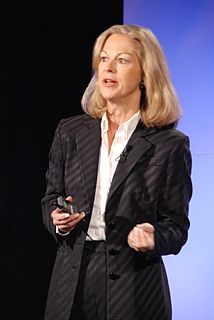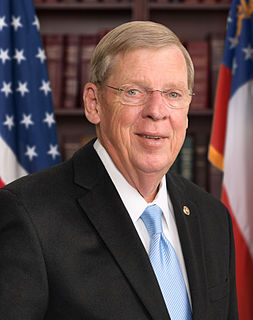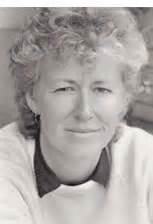A Quote by Christie Hefner
You can learn more about leadership by reading about Lincoln than you can from most business books.
Related Quotes
A man's bookcase will tell you everything you'll ever need to know about him," my father had told me more than once. "A businessman has business books and a dream has novels and books of poetry. Most women like reading about love, and a true revolutionary will have books about the minutiae of overthrowing the oppressor. A person with no books is inconsequential in a modern setting, but a peasant that reads is a prince in waiting.
There's been more written about Lincoln than movies made about him or television portraying him. He's kind of a stranger to our industry, to this medium. You have to go back to the 1930s to find a movie that's just about Abraham Lincoln. I just found that my fascination with Lincoln, which started as a child, got to the point where after reading so much about him I thought there was a chance to tell a segment of his life to to moviegoers.
To retire by the age of 35 was my goal. I wasn't sure how I was going to get there though. I knew I would end up owning my own business someday, so I figured my challenge was to learn as much as anyone about all businesses. I believed that every job I took was really me getting paid to learn about a new industry. I spent as much time as I could, learning and reading everything about business I could get my hands on. I used to go into the library for hours and hours reading business books and magazines.
I don't want to stand with somebody's praise. Whereas now when people come up to me, they say, "I love the bookstore" and "Kids! Come here, come here! This is the woman who owns the bookstore." That's incredible. I can say to that, "Thank you for shopping local. Thank you for coming in. What are you reading? Let's talk about books." It's about something I'm doing as opposed to somehow something I am. I feel comfortable and positive in that role. Because it's about reading. It's about books. It's about learning. It's about business and tax base.
My personal view is that reading has to be balanced. Obviously, there's a certain amount of reading that we have to do academically to continue to learn and to grow, but it's got to be balanced with fun and with elective reading. Whether that's comic books or Jane Austen, if it makes you excited about reading, that's what matters.
A lot of my books deal with very controversial issues that most people often don't want to talk about, issues that, in my country, are more likely to get put under the carpet than get discussed. And when you talk about moral conundrums, about shades of gray, what you're doing is asking the people who want the world to be black and white to realize instead that maybe it's all right if it isn't. I know you'll learn something picking up my books, but my goal as a writer is not to teach you but to make you ask more questions.
Most people think leadership is about being in charge. Most people think leadership is about having all the answers and being the most intelligent person or the most qualified person in the room. The irony is that it is the complete opposite. Leadership is about empowering others to achieve things they did not think possible. Leadership is about pointing in the direction, articulating a vision of the world that does not yet exist. Then asking help from others to insure that vision happens.
How does humility manifest itself in leadership and in life? A humble person is more concerned about what is right than about being right, about acting on good ideas than having the ideas, about embracing new truth than defending outdated position, about building the team than exalting self, about recognizing contribution than being recognized for making it.



































